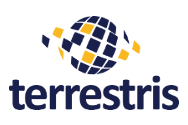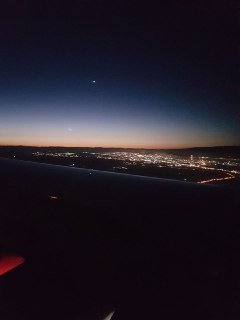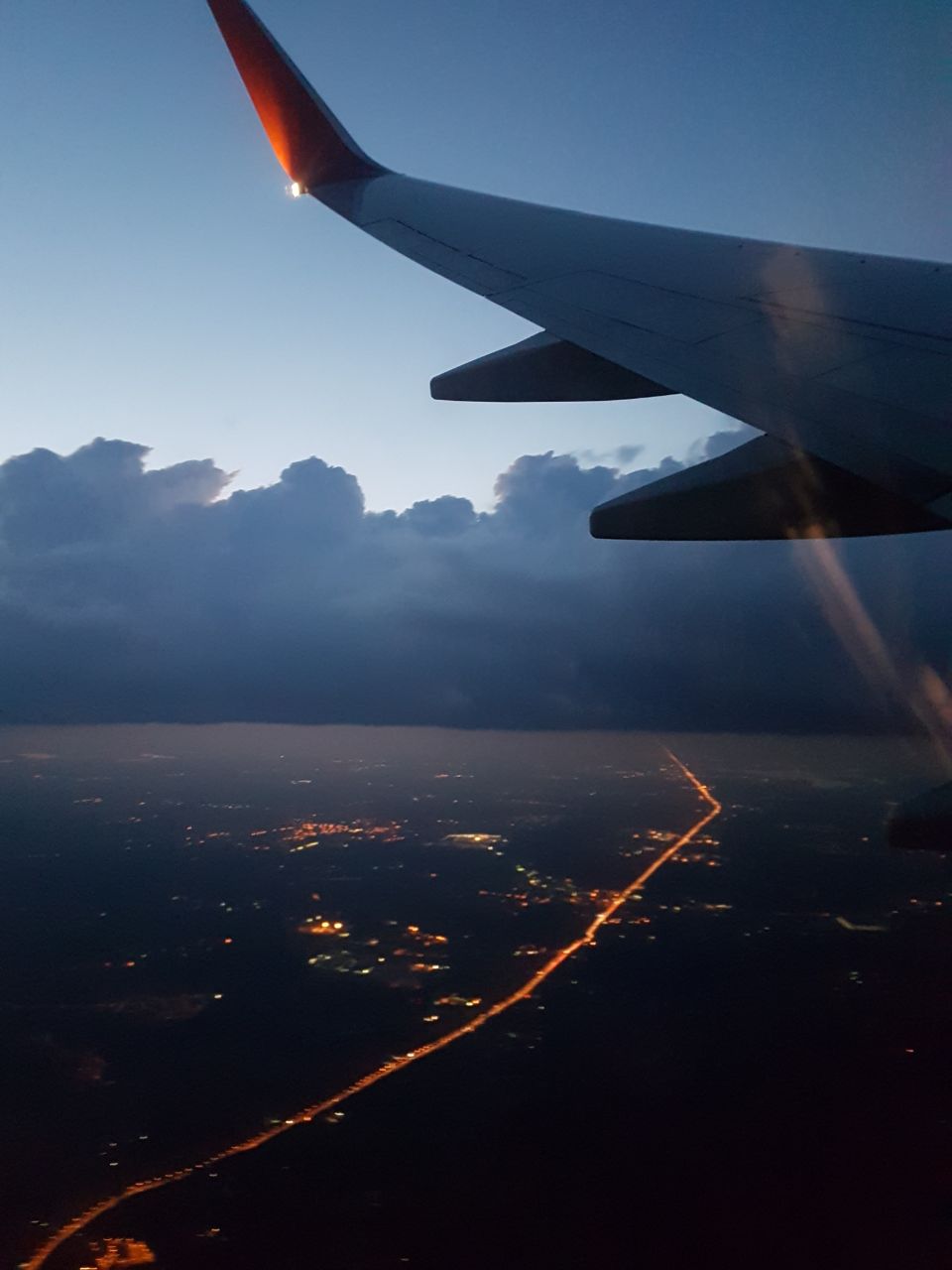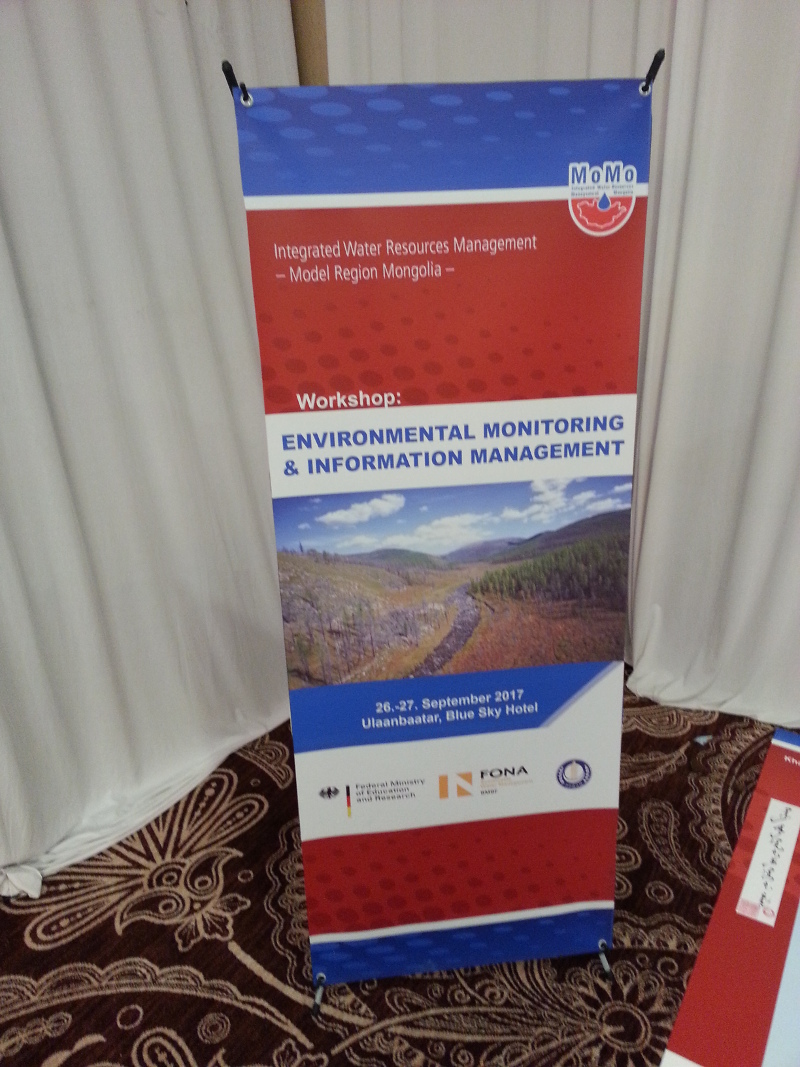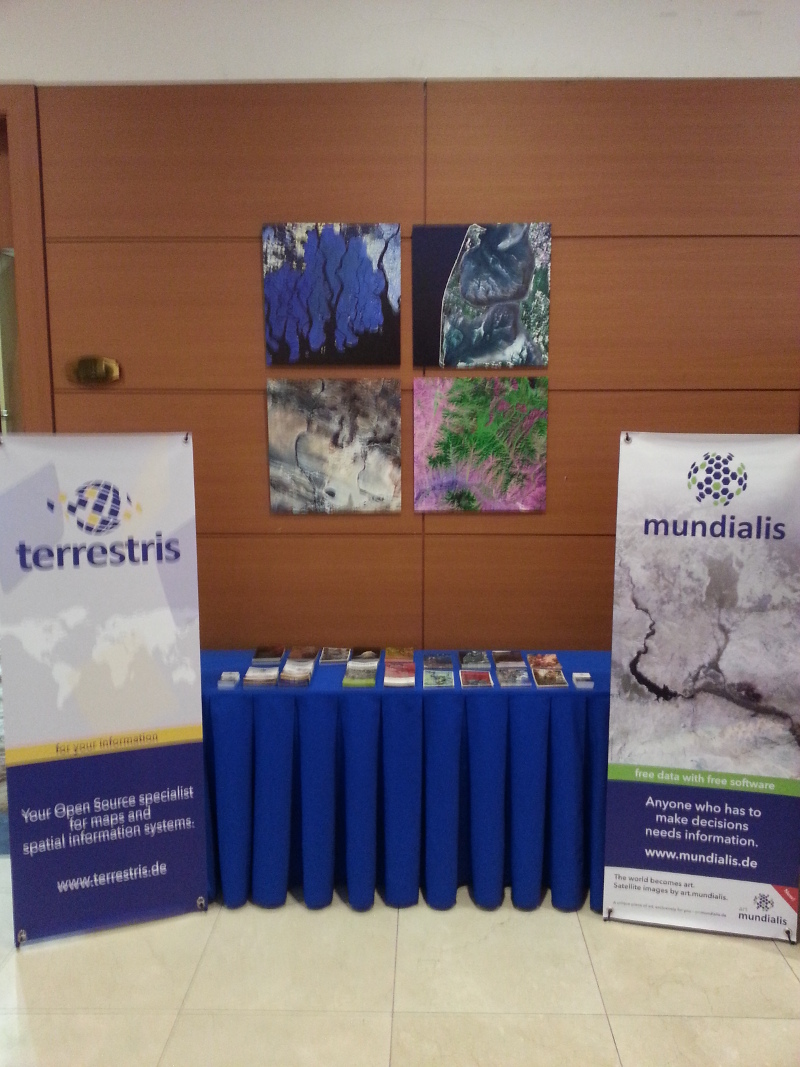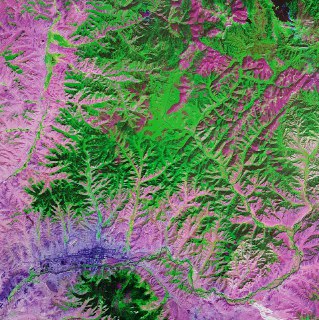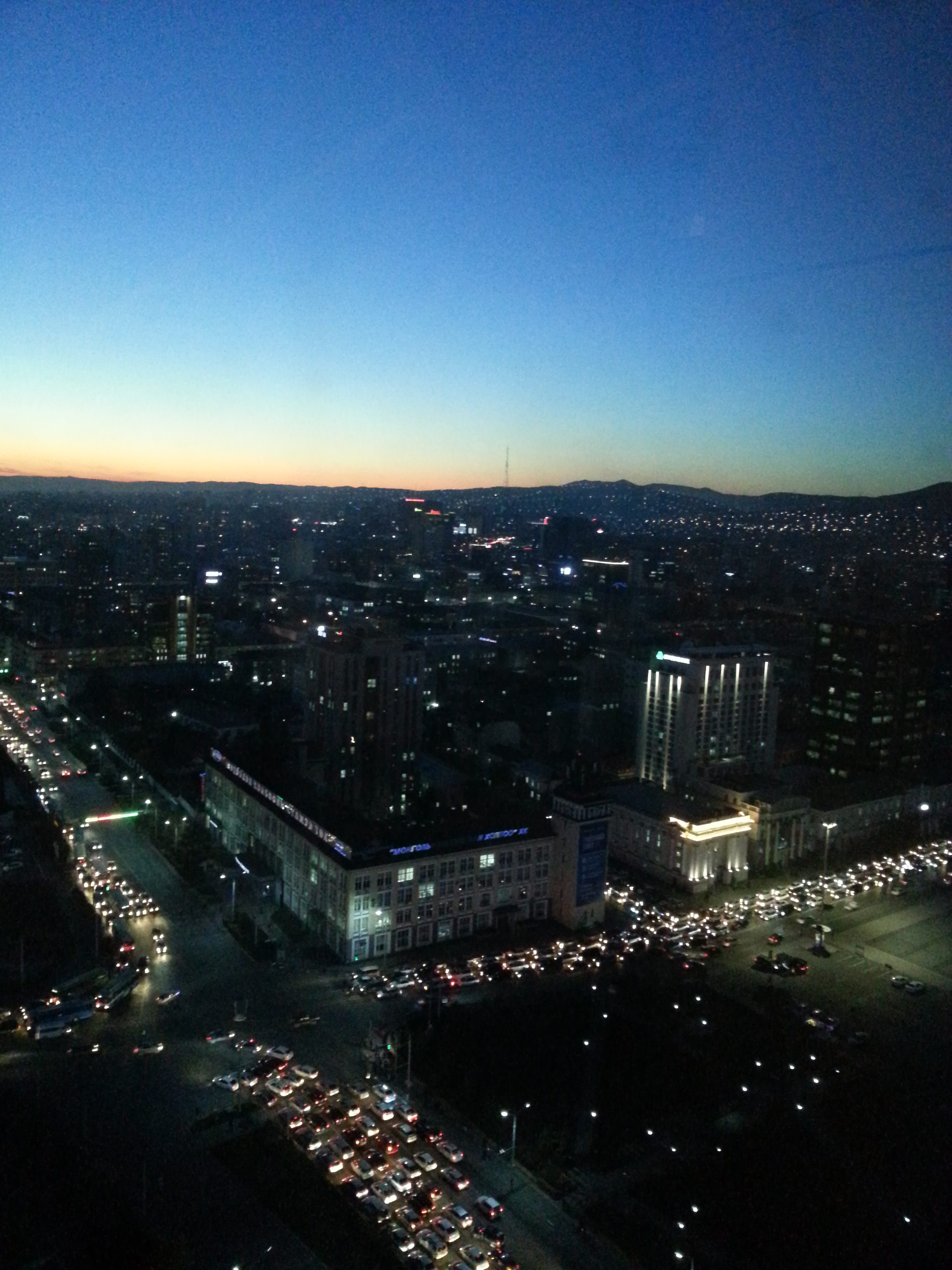The MoMo-Transfer conference was about presenting and discussing the results achieved so far to a selected audience in order to make final adjustments for a successful handover of the project to the Mongolian partners in the remaining project period until May 2018.
To this end, terrestris travelled to Mongolia one week before the actual conference , in order to install a current version of the geoportal on servers of the Environmental Database Division (EDD; formerly Environmental Information Center – EIC). Furthermore, the lead time was used to prepare the 2-day ‘Environmental Data and Information Management (ENMA)’ workshop together with the Leibniz-Institute of Freshwater Ecology and Inland Fisheries IGB.
The Kharaa-Yeröö River Basin Atlas, produced by the IGB, also played a role in this context. It was printed in Mongolia with an initial run of 25 copies and distributed to selected representatives of the Mongolian project partners and the Editorial Board.
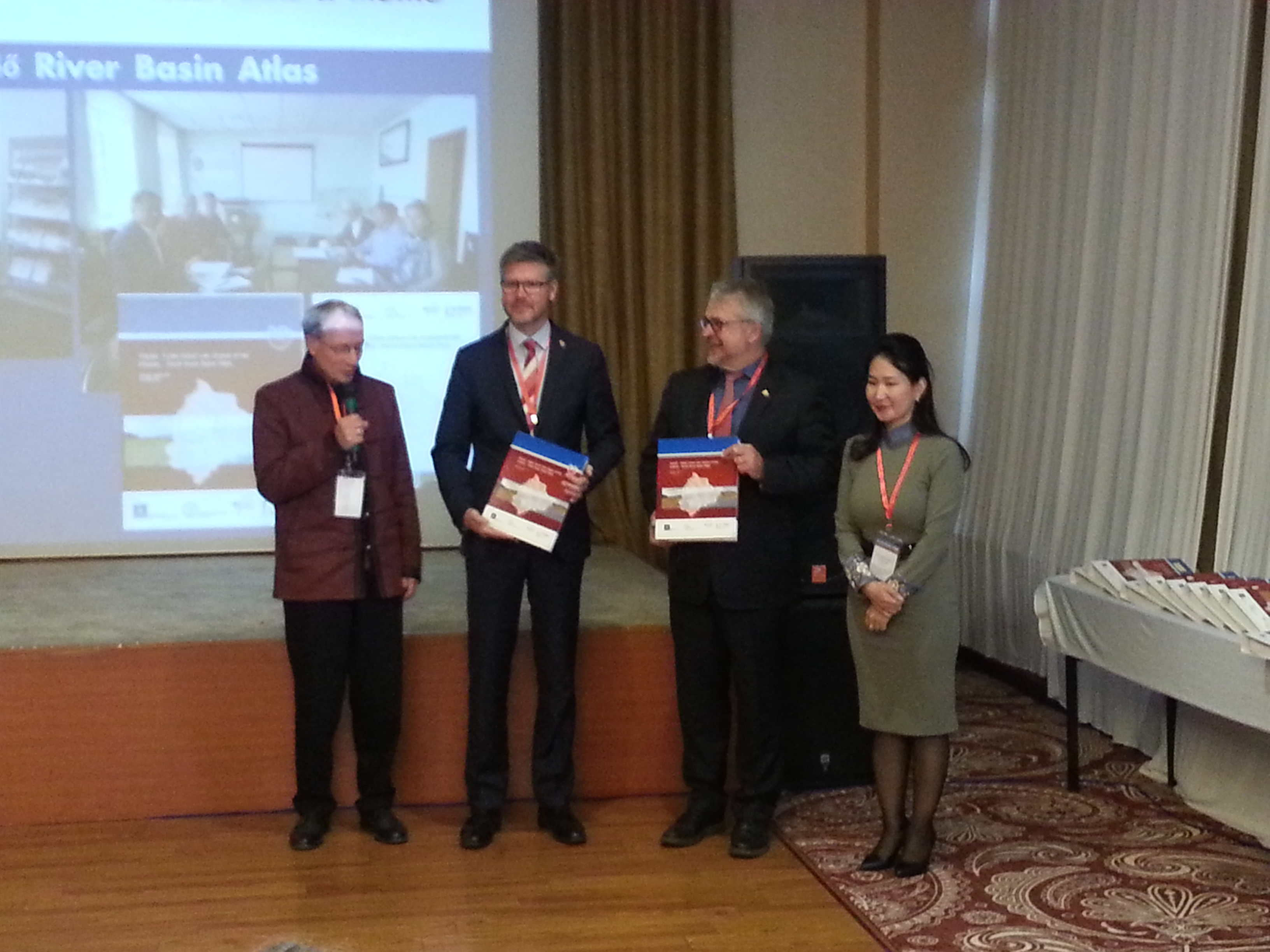
PD Dr. Jürgen Hofmann (IGB) handing over the Kharaa-Yeröö River Basin Atlas to Dr. Christian Alecke (BMBF) and Prof. Dr. Dietrich Borchardt (UFZ) together with Dr. Saulegul Avlyush (IGG) (persons from left to right)
This 1st edition will be filled with further content until the end of the project and will be presented as a loose-leaf collection in a ring binder as the 2nd edition with 200 copies at the end of the project. This concept makes it easy to update content without having to print a complete new book every time.
The geoportal created by terrestris plays a central role here, because the maps are created in the geoportal and serve as a printing template for the atlas. The so-called Document Management System (DMS) contained in the portal is capable of accepting PDFs, so that maps, text, graphics, illustrations and the like can be inserted. The atlas with its current 106 pages is digitally available in its entirety in the geoportal. The atlas is bilingual Mongolian / English and can be viewed here. (Caution, the file is 103 MB in size!)
For the two-day conference, a company stand was set up in the foyer of the conference hotel, with the partner company mundialis also represented with corresponding information material and satellite art. The postcards laid out in this context were very popular, so that not a single copy of these beautiful cards had to be transported back to Germany.
In discussions with the BMBF and PTJ, it was expressed that the MoMo project has done unique work in combining the various stakeholders from the natural and social sciences, administration and small and medium-sized enterprises (SMEs) from Germany. The extent to which the project can receive additional funds to enable the transfer of the results to all of Mongolia and other Asian countries is currently being examined.
The discussion at the workshop was largely devoted to the policy briefs, i. e. recommendations for environmental data and information management. The day after the workshop, the results of the discussion were incorporated into the Policy Briefs and once again distributed to the workshop participants for final approval so that coordinated documents can be distributed to decision-makers in the responsible ministries.
The last day of the stay was used for a geo-data management workshop at the Kharaa-Yeröö River Basin Administration in Darkhan, the second largest city of Mongolia, about 200 kilometers north of Ulan Bator.
All in all, we can look back on eventful 2 weeks in Mongolia, which resulted in interesting contacts to China and Kazakhstan.
